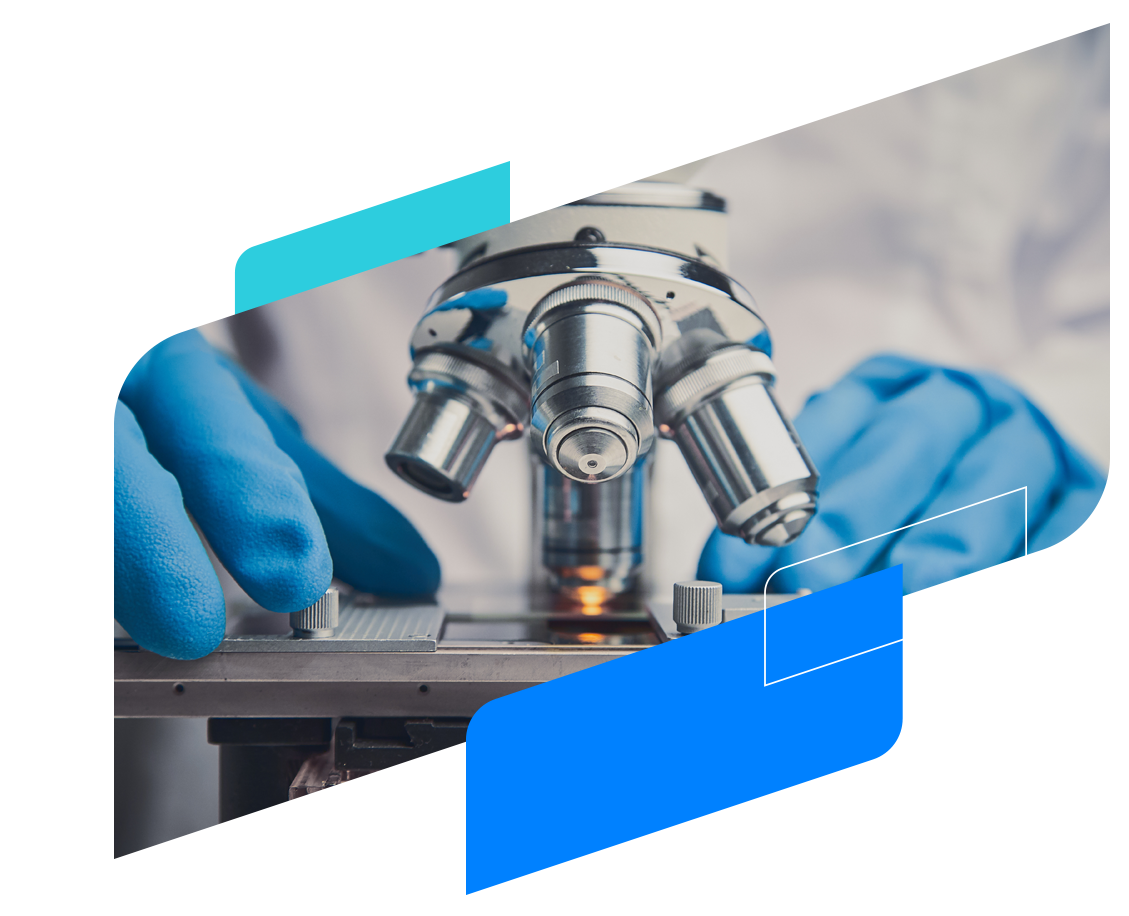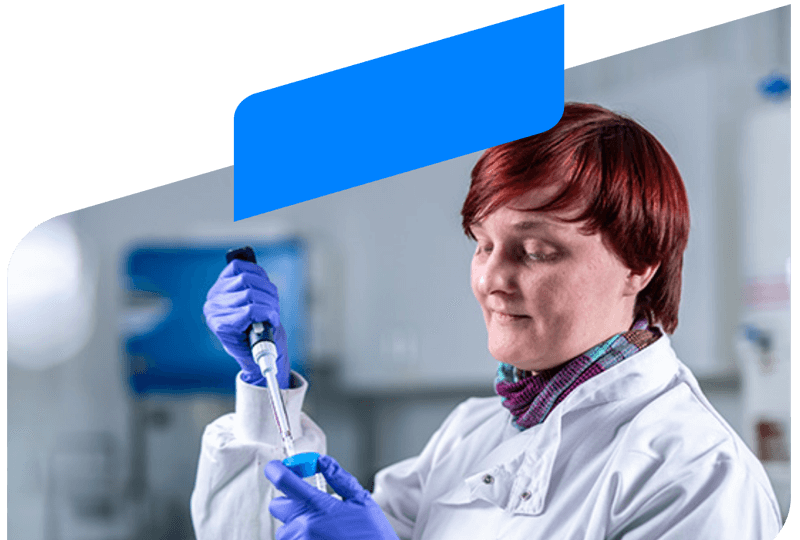Bacterial infections are the most common cause of sepsis, and can strike someone of any age, and kills within hours.
Whilst we have historically relied heavily upon antibiotics to treat bacterial infections, the rise of antimicrobial resistance means these lifesaving drugs are becoming less and less effective. In the UK, there is a 20% probability that the front-line antibiotic used in a bacterial infection will no longer be effective.
Due to these challenges, clinicians are forced to treat patients in the absence of information, guessing at which bacteria is afflicting the patient, and which antibiotic will be most effective. This healthcare problem results in significantly higher treatment costs, increased morbidity and mortality.

Current challenges
Culturing bacteria and antibiotic susceptibility testing (EUCAST and CLSI) are the current gold standard for bacterial ID and susceptibility testing. However, the time to result is 3 days for a condition that can kill in hours.
By the time the results come back from the lab, one in three sepsis deaths have already occurred.
The impacts of sepsis and AMR
Human
Throughout a patient’s stay, hospitals incur multiple costs: tests (often several are required), medical staff, lab workers, and all the other expenses associated with occupying a hospital bed. For an annual number of patients in the UK of 260,000, it’s predicted that introducing targeted antibiotic therapy could result in £650 million in savings. Due to this improved patient care, the freed up NHS budget and hospital beds could save lives from other conditions.
Health costs don’t end with initial discharge and up to half of survivors develop post-sepsis syndrome, with symptoms including lethargy, muscle weakness, reduced organ function and post-traumatic stress disorder (PTSD). The broader economic impacts of sepsis include:
- Mortality
- Prolonged spells out of work
- Secondary healthcare problems
- Ongoing patient support
The impact of sepsis is not only felt on the patient and the hospital, but also the clinician treating the patient. The difficult nature of many sepsis patients’ cases also takes a serious mental and emotional toll on those caring for them.


Financial
Looking towards the wider financial impact, the World Bank estimates that by 2050 AMR impacts could wipe out at least 1% of annual global gross domestic product (GDP).
This shortfall would translate to annual losses exceeding $1 trillion from 2030, with low-income nations experiencing the largest drops in growth. In Europe alone, AMR has been linked with losses of more than €9 billion per year, and figures in the US are even greater due to higher healthcare costs.
It’s time to rethink
sepsis treatment
Our team at GenomeKey has developed a radically different approach to identifying the pathogen causing sepsis, and discovered how to treat it rapidly, accurately, and reliably. This will save lives, save money, and save our antibiotics for the future. We can speed up the patient journey, identifying the right antibiotics more precisely within a few hours rather than days. Importantly, our device can also confirm when bacteria are not present in patients’ blood – preventing unnecessary and harmful antibiotic use.
Within this current moment of global economic uncertainty, our technology can provide a reliable solution that can bring significant savings to healthcare systems worldwide. Most importantly, speeding up bacterial detection and ID will reinforce health security, allowing people to get back to their homes, their careers, and their loved ones sooner.

